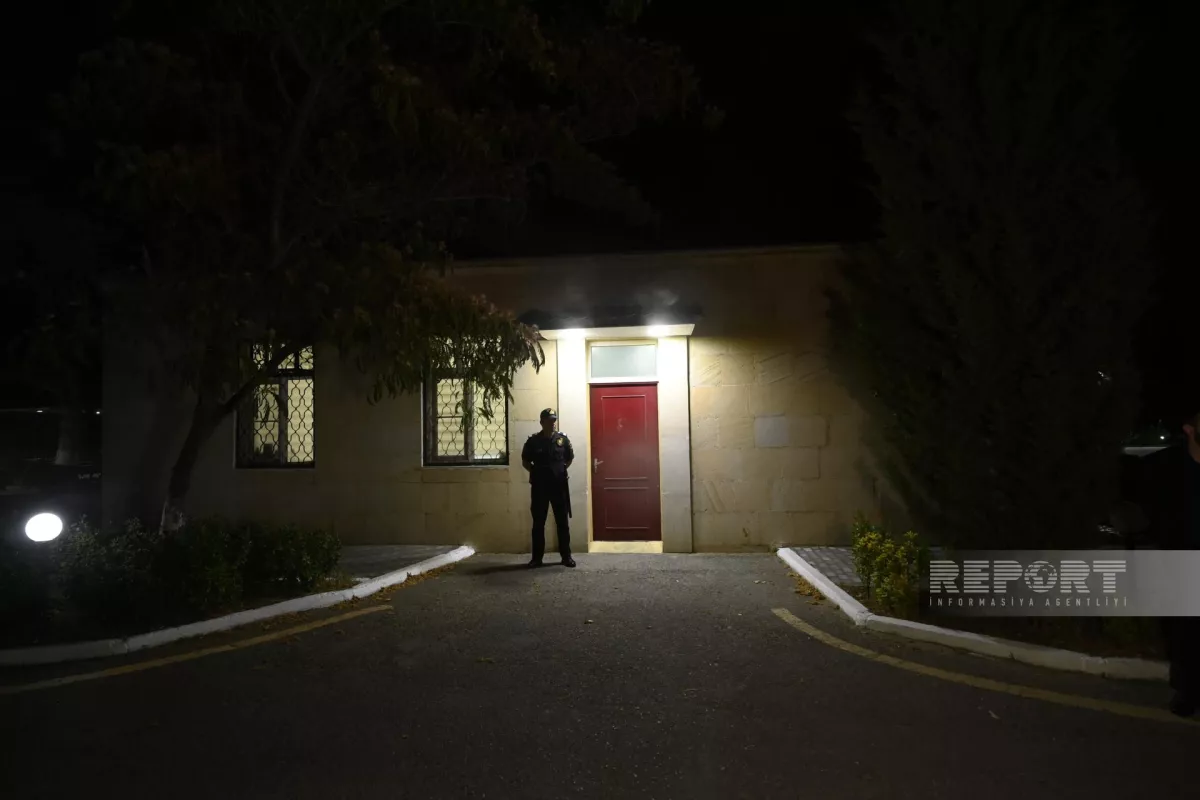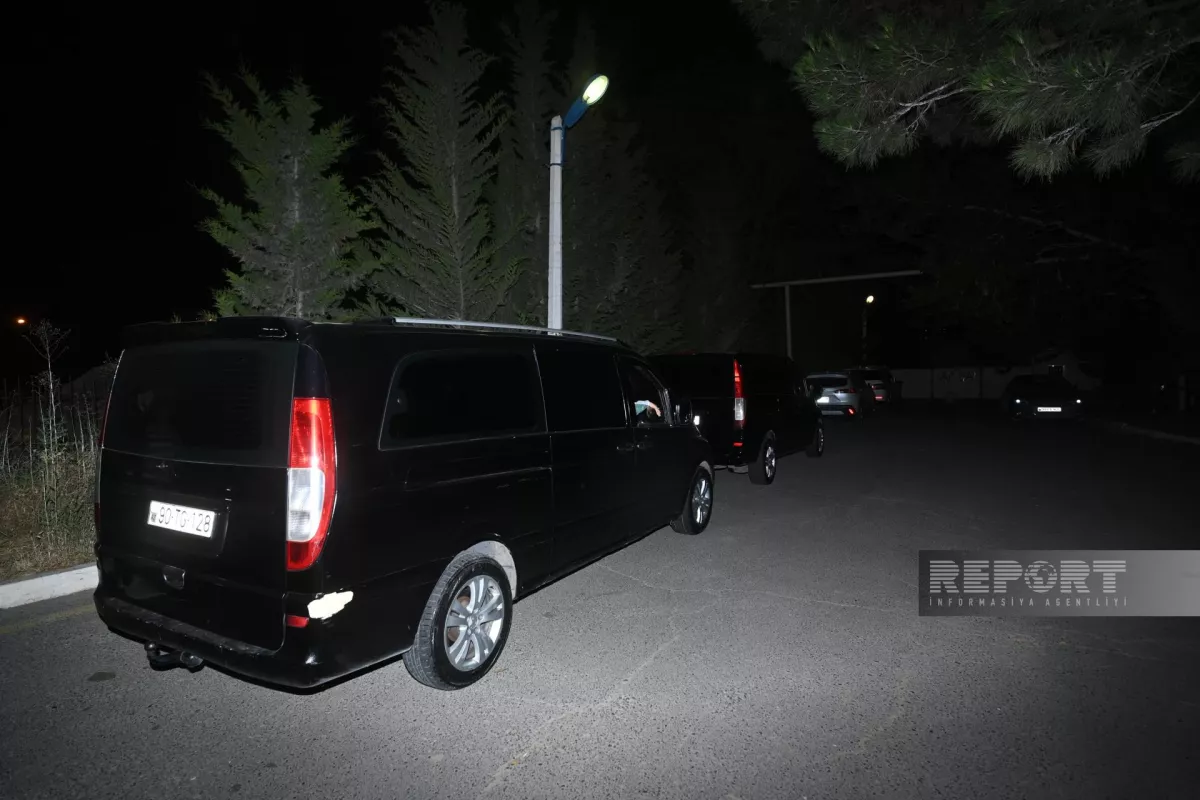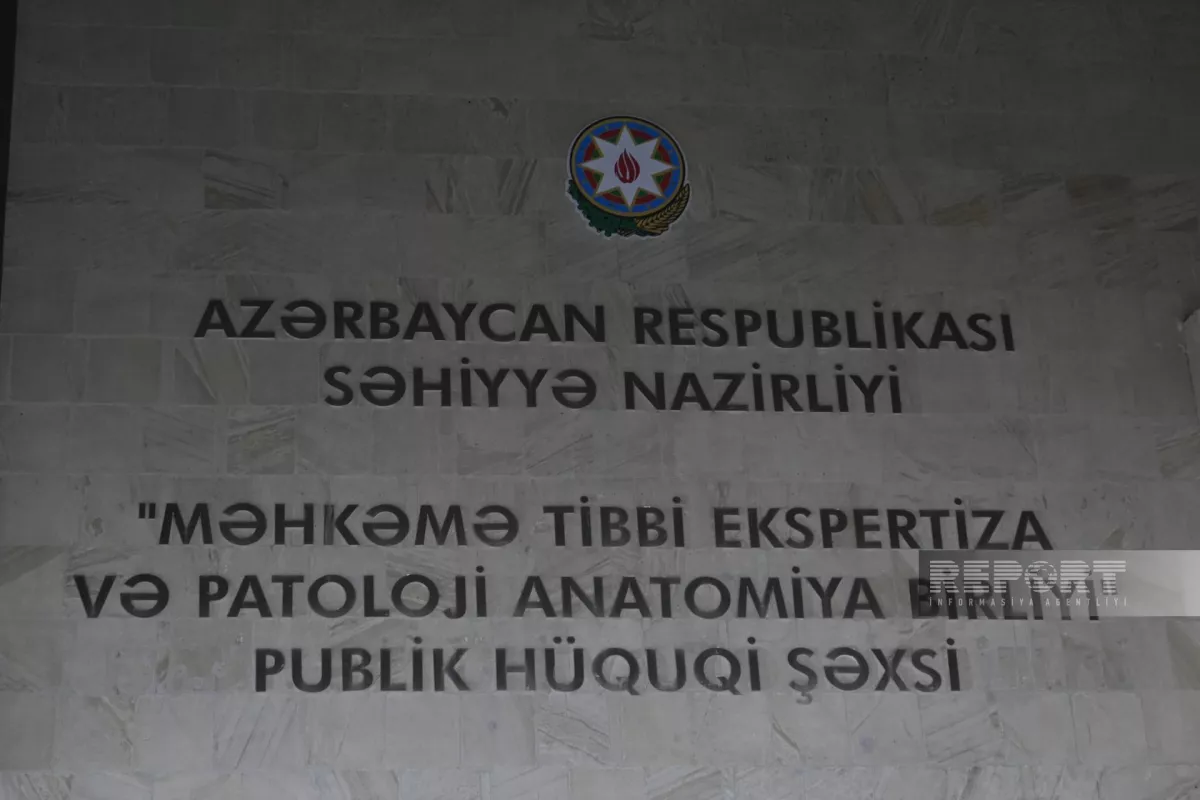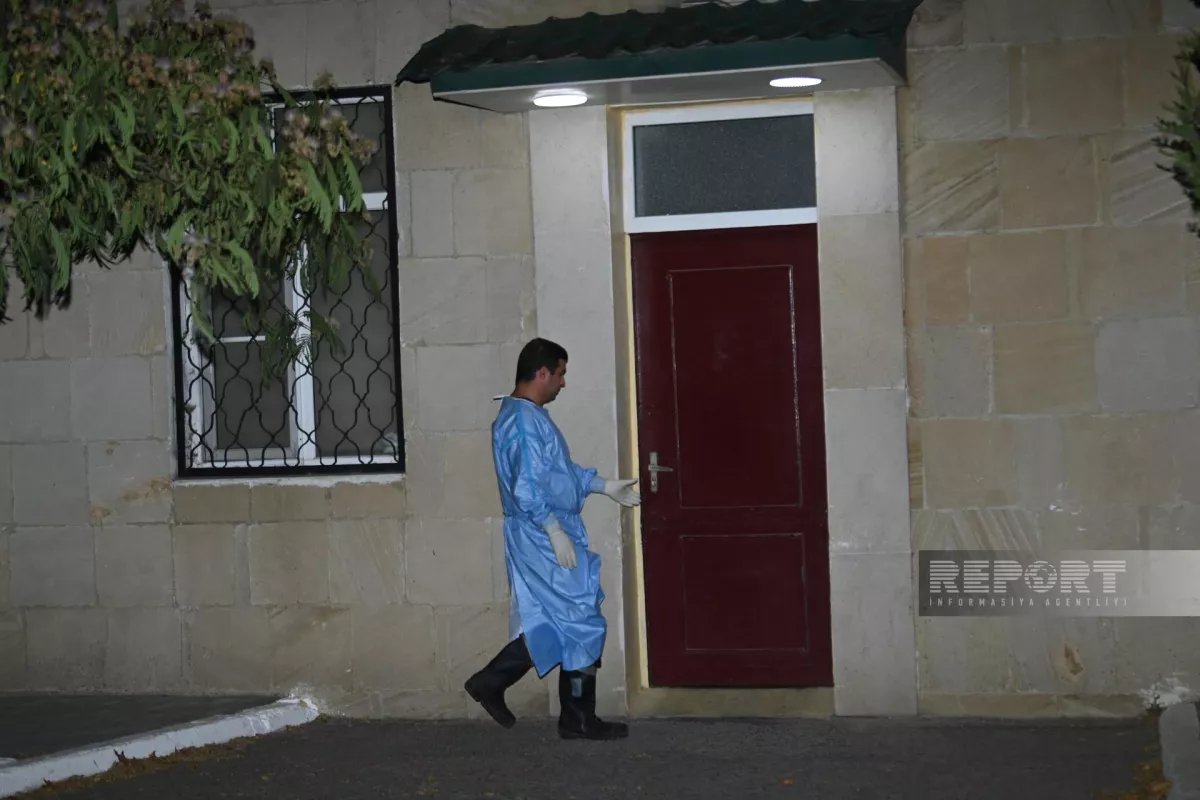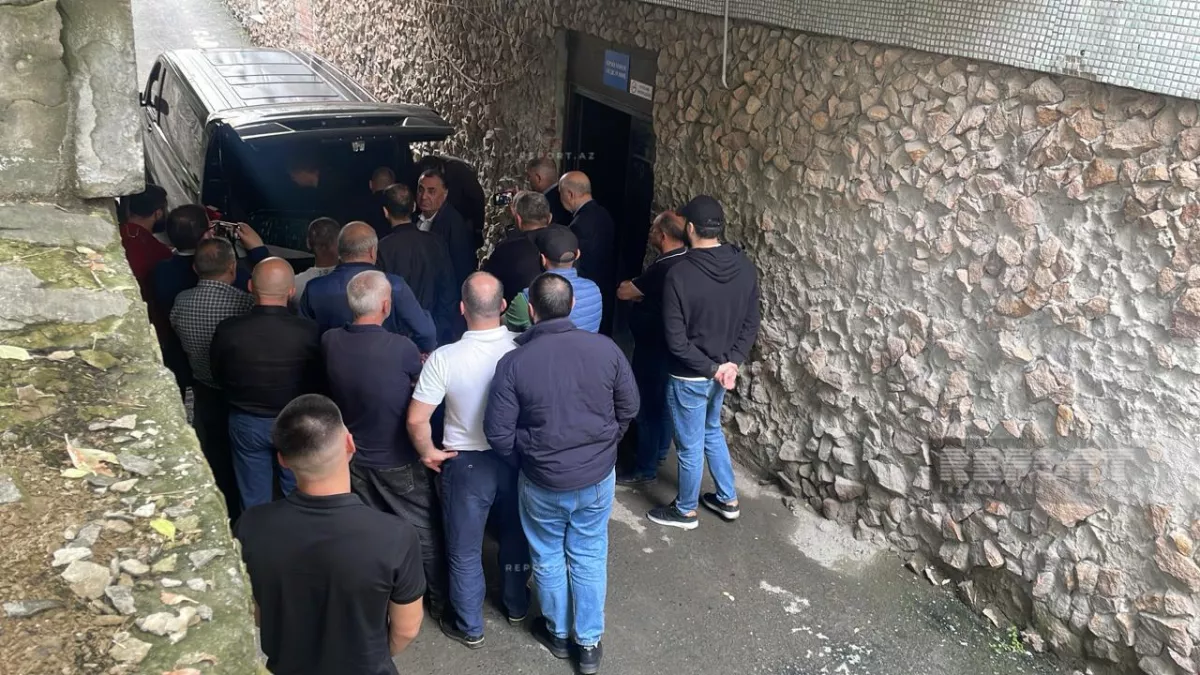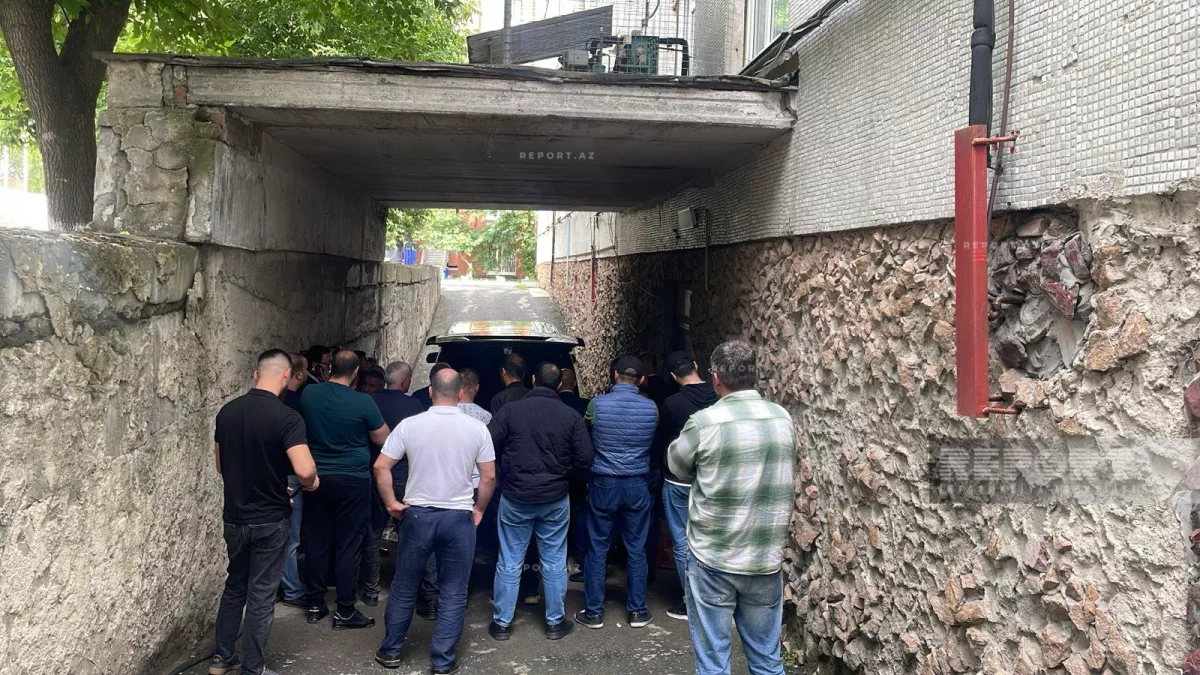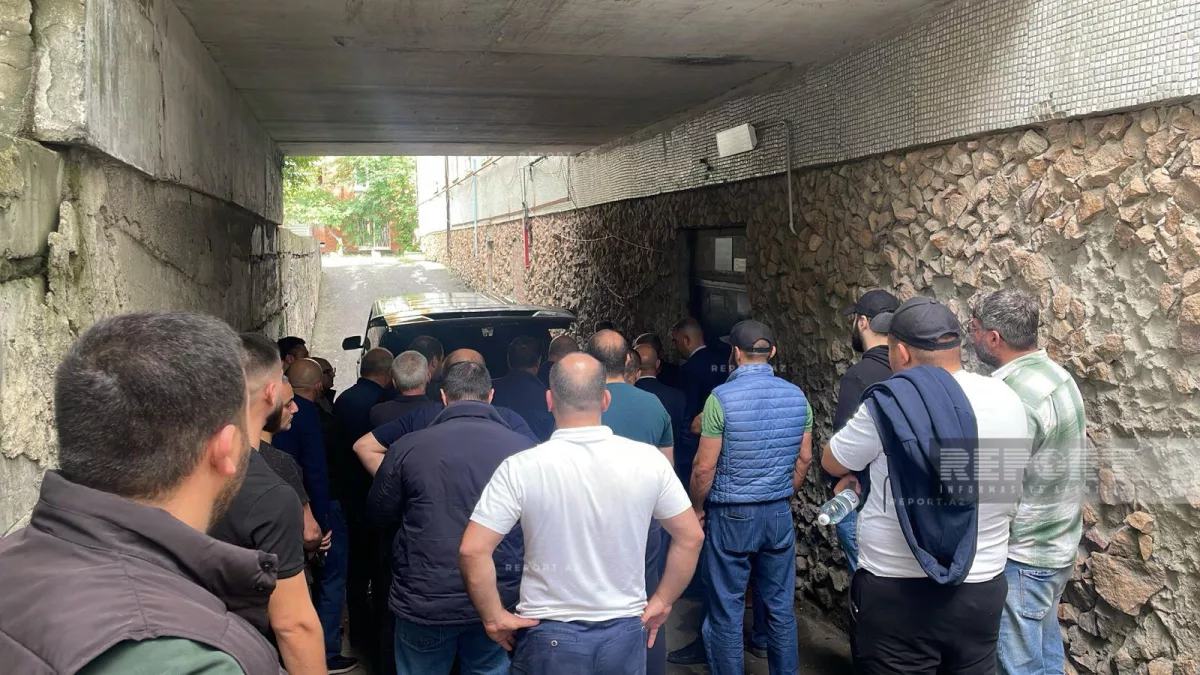Bodies of Azerbaijani brothers killed in Russia’s FSB raid repatriated to Baku PHOTO / UPDATED
The bodies of two Azerbaijani nationals who were killed during a raid in Yekaterinburg have been repatriated to Azerbaijan, arriving safely at Heydar Aliyev International Airport.
The plane carrying the remains touched down at 20:30 local Baku time, Caliber.Az reports via local media.
The deceased brothers had been held at the morgue of the Bureau of Forensic Medical Expertise in Yekaterinburg prior to their transfer. Their return marks a significant step for their family and authorities, who have called for a thorough and transparent investigation into the circumstances surrounding their deaths.
This development follows the tragic incident on June 27, when Russian Federal Security Service (FSB) officers conducted a raid targeting Azerbaijani residences in Yekaterinburg, resulting in the deaths of the two brothers and injuries to several others.
14:31
The bodies of brothers Huseyn and Ziyaddin Safarov, who were killed during a Russian Federal Security Service (FSB) raid in Yekaterinburg on June 27, have been handed over to their family members.
The bodies had been held at the Forensic Medical Examination Bureau in Yekaterinburg following the fatal raid. They are expected to be transported to Azerbaijan for burial, with arrival scheduled for 8:30 p.m. Baku time, Caliber.Az reports via local media.
The early morning raid, which began around 5:00 a.m. (GMT+3) on June 27, involved FSB operatives and members of the Special Rapid Response Unit (SOBR). The operation targeted the Safarov family—originally from Aghdam, Azerbaijan—who ran “Kaspi” restaurant in Yekaterinburg.
The violent nature of the operation left Huseyn Safarov, an Azerbaijani citizen, and Ziyaddin Safarov, a Russian citizen, dead. Several others sustained serious injuries, and nine members of the family were detained. The operation was described as violent, with reports of beatings, torture with electric shocks, and degrading treatment, such as forcing detainees to “eat mud” in transport vehicles.
By Sabina Mammadli




